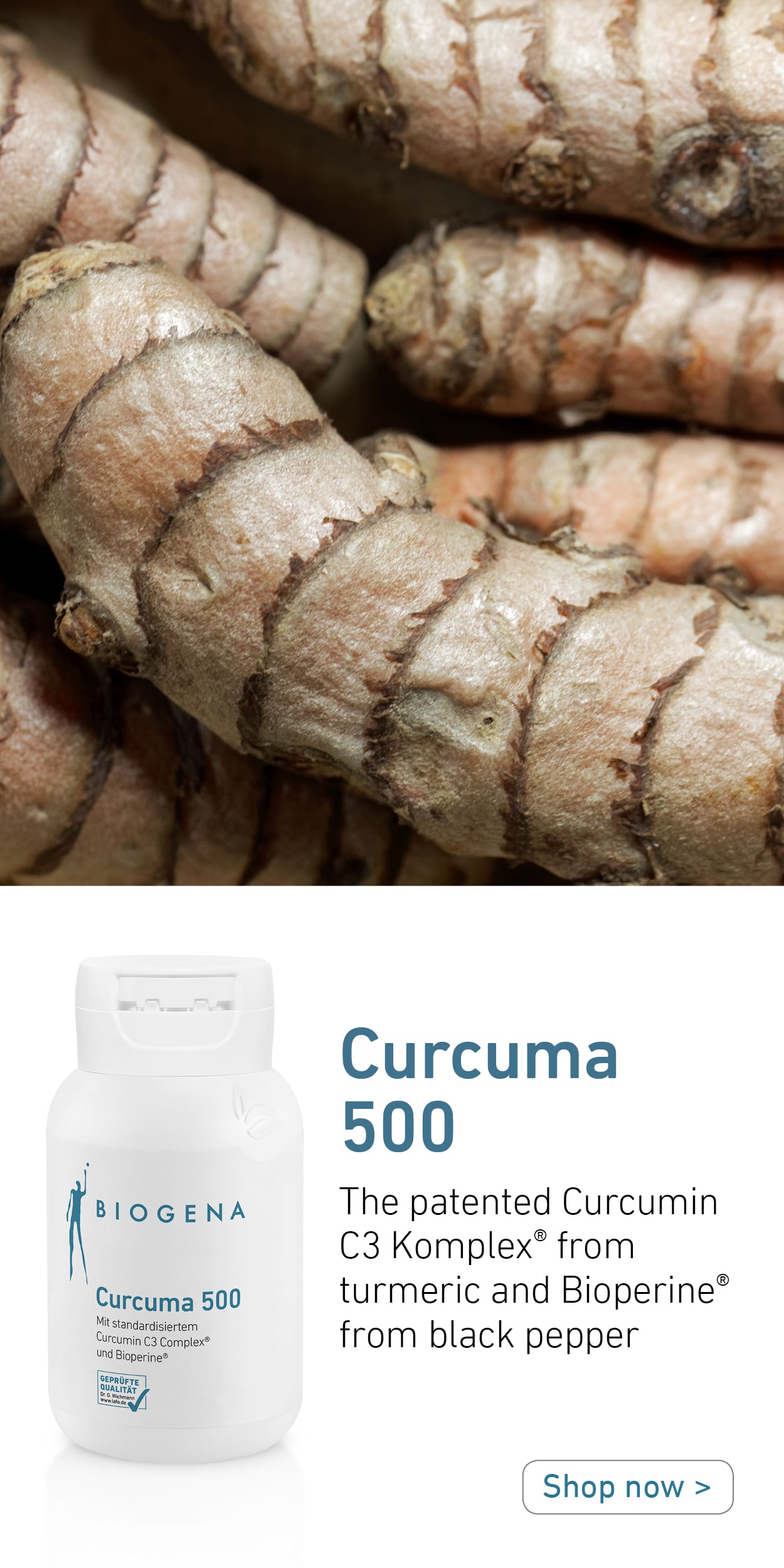What are probiotics and where do they occur?
Probiotics are living microorganisms which, when ingested in sufficient quantities, can be very beneficial to health. The lactobacilli, also known as lactic acid bacteria, and the bifidobacteria are the best known and most common bacterial strains. Above all, dairy products such as curd cheese, yogurt, milk, or vegetables which have been fermented in lactic acid (e.g. sauerkraut) contain plenty of probiotics.
Due to the antibacterial pH values in the stomach, however, very high amounts of live germs must be supplied via food so that a significant number can reach their destination, the intestinal flora, and make a positive contribution to our state of health.
The regular supply of highly dosed, highly active probiotics in the form of food supplements – protected by acid-resistant capsules or special powder preparations – is therefore the clearly more effective option for desired preventive or therapeutic effects.
It is important to ensure that the probiotics contain different strains (so-called multi-strain preparations) and are used in sufficient concentrations (at least 10 billion colony-forming units per daily dose are recommended). These capsules often also contain special sugars such as insulin, which help the germs in their activation and rapid reproduction.
Probiotics – an effective aid for the treatment of gastrointestinal inflammation, allergies, colds and neurodermatitis.
Why do we need probiotics?
Numerous studies have shown that a therapeutic intake of probiotics is an effective aid in the treatment of gastrointestinal inflammation, allergies, colds and neurodermatitis in children. Treatments are available for virus- and bacteria-induced diarrhoea, antibiotic-associated diarrhoea and travel diarrhoea. Probiotics also promote the barrier function of the intestinal mucosa, which means that fewer pathogens can enter the body. This is particularly advantageous for critically ill persons.
The supply of sufficient probiotic bacteria can also positively influence the vaginal flora and the mucous membrane of the urinary tract. They can reduce the occurrence of fungal infections of the vagina and urinary tract infections.
In addition to their ability to directly ward off pathogens, probiotics are also able to stimulate the intestinal immune system (GALT), which represents 70-80% of acquired immunity.
Probiotic substances can positively influence the immune system through their ability to alleviate symptoms of allergic diseases such as hay fever, asthma, and atopic dermatitis. In addition, they reduce the risk of tumor diseases in the colon. By strengthening the intestinal flora, the positively influenced immune system may also prevent the development of cancer in other tissues.
The most common cause of stomach ulcers are Helicobacter pylori infections, which can lead to stomach cancer if left untreated. This is why a preventive intake of probiotics is of great advantage. Studies have also shown that taking antibiotics during stressful life events, such as excessive workload, testing, or other mental stress, has positive effects.
Persons who take antibiotics or undergo chemotherapy or radiotherapy are advised to take additional probiotics.
Who needs additional probiotics?
Specifically, persons who take antibiotics or who have to undergo chemo- or radiotherapy are advised to take additional probiotics, as this can lead to a considerable disturbance in the microbial colonisation of the intestine, our microbiome. This in turn enables an increased and facilitated colonisation of pathogenic germs. This can be minimized or prevented by a targeted support of the intestinal flora during the medicinal treatment.
In addition, an adequate supply of probiotics can positively influence menopausal complaints such as hot flashes, sleep disorders and mood swings.













